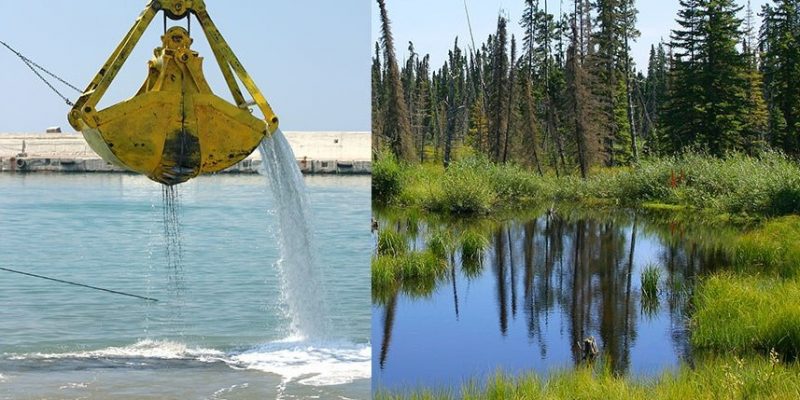During the operation of the hydroelectric dam, a sediment is delayed in front of it, which is caused by natural erosion and such activities as construction, deforestation and agriculture. Traditionally, a dam is built with a reservoir sufficient to move sediment for a period of at least 50 to 100 years.
Given the service life of large hydropower plants in the world and the urgency of the problem of sludge for Ukraine, institute of energy and environmental protection Energoengproject gains experience and practical knowledge of successful strategies for sediment / sediment management (ukr. – управлінням осадом / відкладеннями).
Working with a team of international industry experts, we identify problem areas and share best practices in sediment management in different geographical regions and environments.
That is why, together with Swiss and Icelandic colleagues, we are involved in the removal (dredging) of sludge from a large hydroelectric reservoir in Georgia, where the following will be done:
- Design, manufacture, supply, installation and testing of a permanent dredger ready for sludge dredging.
- Installation of a computerized system for monitoring, surveying and visualization, including underwater surveillance, light camera, visualization system, positioning and creation of a basic three-dimensional computerized model of the work area.
- Operation of a dredger for dredging along the upper surface of the dam to clean the lower exits and access channels by removing the material and moving it under water to another outlet for washing.
- Operation of special devices for removal of boulders, debris, sunken trees by underwater work and automatic unmanned devices that dredge small sediment or gravel and large sunken trees from the bottom of the reservoir.
Historically and geographically, European companies have extensive practical experience in dredging development and sludge management, not only in rivers and large reservoirs with large sediments, but also in waterproofing canals and hydroelectric dams.
You can get more detailed information from the specialists of our institute.

